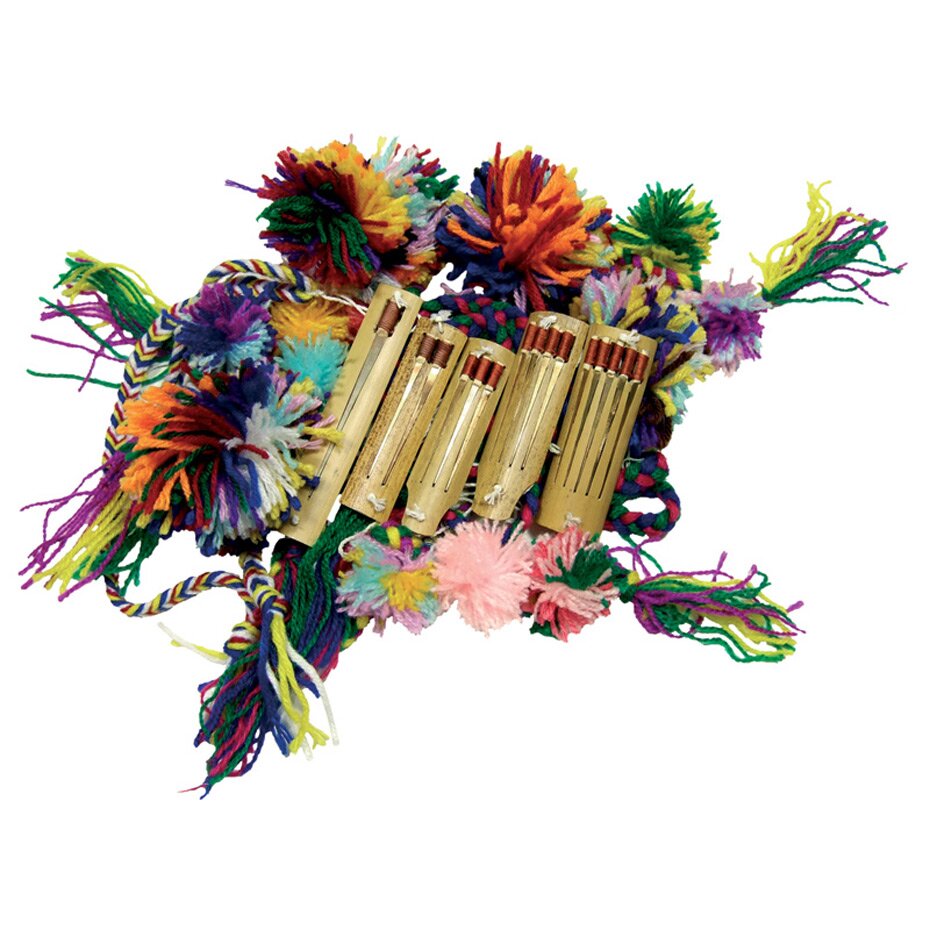Taiwan - on the island off the coast of China about 2% of the population belong to a total of 16 recognised ethnic minorities. The Amis are the biggest group with around 200,000 people. Like the Piyuma and the Paiwan, there was an Amis engagement ceremony at which the Lubu, the bamboo jew's harp, played a major role.
If a man had found a woman he wanted to court, a ceremony began which could last many evenings. Each evening the potential bridegroom played the Jew's harp in front of her house around the time when the sun went down. He did not call, he didn't knock on the door - the young man sat down in front of the woman's house and evening after evening played his Lubu. In certain circumstances these love songs could resound for hours.
After a few weeks of this nightly serenading, the jew's harp player placed his instrument in front of the door of the potential bride. If he returned the following evening and the instrument was still lying in the same place he had left it the night before, this was the equivalent of a rejection of the marriage proposal. This gesture was the bride and the family's way of saying that they did not agree to the attachment. If the jew's harp, however, was no longer there, and the woman had taken his Jew's harp indoors into the house, then the bridegroom had been accepted. The description of this engagement ceremony comes from a report by the ethnologist Janet Montgomery McGovern in 1922, a time when Taiwan belonged to Japan and was called Formosa.
The jew's harp from Taiwan is not only known as the Lubu but is also called a Datok. With regards to the way they are played and the material used to make them, the instruments are similar to the Mukkuri played by the Ainu in Japan. In the case of datok and lubu, the Jew's harp consists of a bamboo frame and a metal reed which is plucked. At the end of the metal tongue a piece is attached and the player plucks on this part to coax a sound from the instrument:
As jew's harps, the lubu and datok are fascinating instruments. Outside of Taiwan, the lubu and the datok have rarely been seen up until now. It is delightful to listen to the sound of this jew's harp - the combination of a bamboo frame and a metal reed is unique to the indigenous population of Taiwan. In Taiwan one finds many variations of the lubu jew's harp. There are lubus with two or more vibrating reeds. By turning the wrist slightly, jew's harp players can access different basic notes and thus play numerous melodies.
Among the indigenous peoples of Taiwan the Atayal and Tsou tribes, among others) many other musical instruments are played including the mouth bow and the nose flute. The Amis are the best instrument makers; they make and play more than 40 instruments, among them bamboo flutes, various pipe xylophones and bamboo slit drums.
